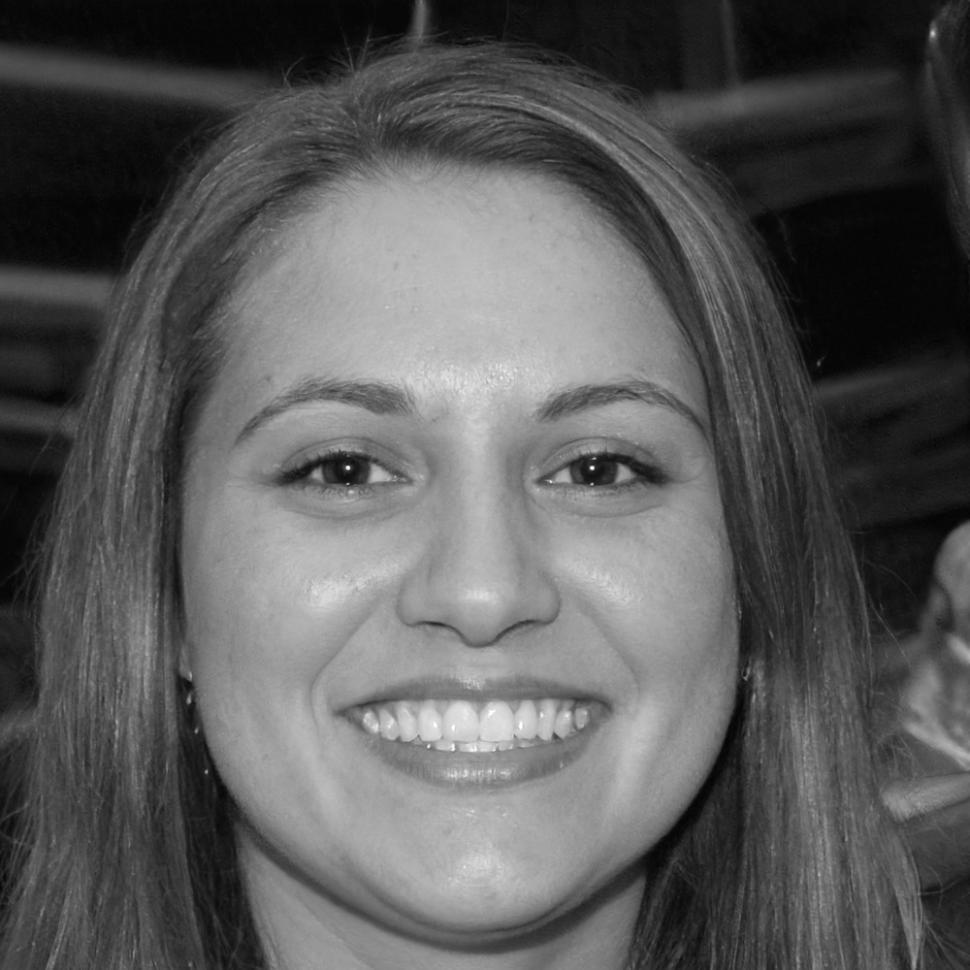Master Your Financial Calendar in 2025
Learning to plan your money throughout the year isn't about complicated spreadsheets. It's about understanding patterns, spotting opportunities, and building habits that actually stick. We teach real approaches that work for everyday life.
Explore Our Programs
Your Journey Through Financial Planning
Most people approach money month by month. But when you start thinking in quarters and seasons, things change. Here's how we structure learning around your actual calendar year.
Foundation Setting
January through March is when we help you establish baselines. You'll track where money actually goes—not where you think it goes. We show you how to spot patterns in your first quarter spending that predict the whole year ahead.
Building Buffers
April to June tends to be more stable financially for most people. This is when we work on creating small reserves. Not emergency funds yet—just breathing room. You'll learn why timing matters more than amounts when building savings.
Strategic Adjustments
July through September brings mid-year clarity. With six months of data, we teach you how to adjust plans based on what actually happened versus what you expected. This is where financial planning becomes practical instead of theoretical.
Planning Forward
October to December is preparation time. We help you map the next year using insights from this one. You'll learn to anticipate expenses, identify opportunities, and enter the new year with an approach that's actually based on your reality.
Common Money Calendar Obstacles
Everyone hits these snags. The difference is knowing how to work through them instead of letting them derail everything.
Irregular Income Timing
When paychecks arrive at different times each month, traditional budgeting falls apart. You can't plan by calendar dates if money doesn't follow a calendar.
We teach rolling windows instead of fixed months. You'll learn to work with payment cycles rather than fighting against them.
Unexpected Expenses
Car repairs and medical bills don't check your budget first. These surprises wreck plans and create stress that lasts for months.
Our approach includes building flexibility zones in your calendar. Not just emergency funds, but planned spaces for the unplanned.
Seasonal Expense Patterns
Summer holidays, winter heating bills, back-to-school costs—these predictable spikes catch people off guard every single year.
We map your personal expense seasons and teach you how to smooth them out across the year instead of scrambling when they arrive.
Plan Abandonment
Most financial plans die within six weeks. They're either too restrictive or too vague. Either way, people give up and feel bad about it.
Our methods focus on adaptation rather than perfection. You'll learn to adjust plans without abandoning them completely.

What's Changing in 2025
Financial planning isn't static. The tools evolve, the economy shifts, and what worked last year might need adjusting. Here's what we're seeing right now.
More people track finances on phones than computers now. We've adapted our teaching to work with how people actually access their information.
The rise of buy-now-pay-later services has changed how expenses appear on calendars. We help you account for these delayed payment patterns.
Energy costs are more volatile than they used to be. We teach strategies for managing utility bills that swing more dramatically season to season.
Tracking Basics
Learn to capture expenses without making it a chore. We focus on sustainable methods that actually fit into busy schedules.
Pattern Recognition
Most people miss their own financial patterns. This module teaches you to spot cycles and trends in your spending and income.
Calendar Mapping
Turn patterns into practical calendars. You'll learn to anticipate expenses and plan income around your actual life rhythm.
Buffer Building
Create financial breathing room using realistic timeframes. No overnight transformations—just steady progress toward stability.
Adjustment Skills
Plans always need tweaking. This teaches you when to adjust versus when to stick with the original approach.
Long-Term Planning
Move beyond month-to-month thinking. Learn to plan multiple quarters ahead while staying flexible enough to adapt.

Meet Meadow Thistlewood
"I spent years teaching people complicated financial systems before realizing that simplicity wins every time. Most folks don't need another spreadsheet—they need perspective on how money actually moves through their year."
Meadow has worked with over two hundred individuals on financial calendar planning since 2019. She focuses on practical approaches that account for real-life messiness rather than theoretical perfection. Her teaching style emphasizes adaptation and sustainability over rigid rules.
Learn More About Our Team